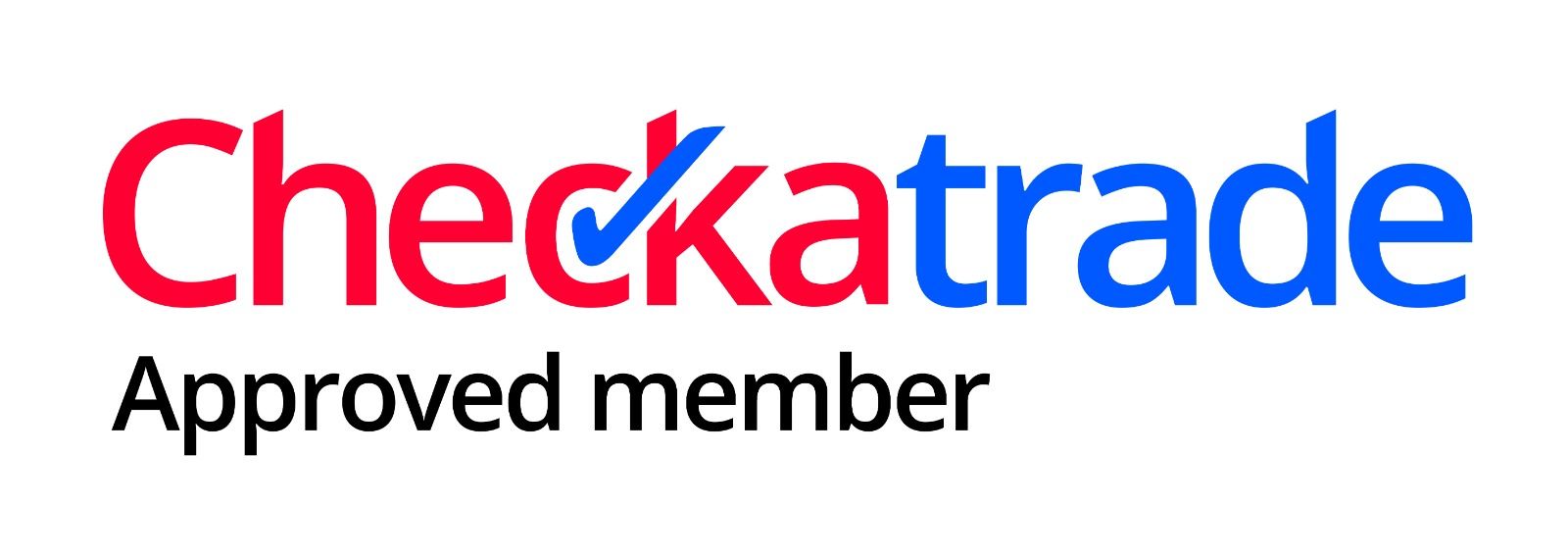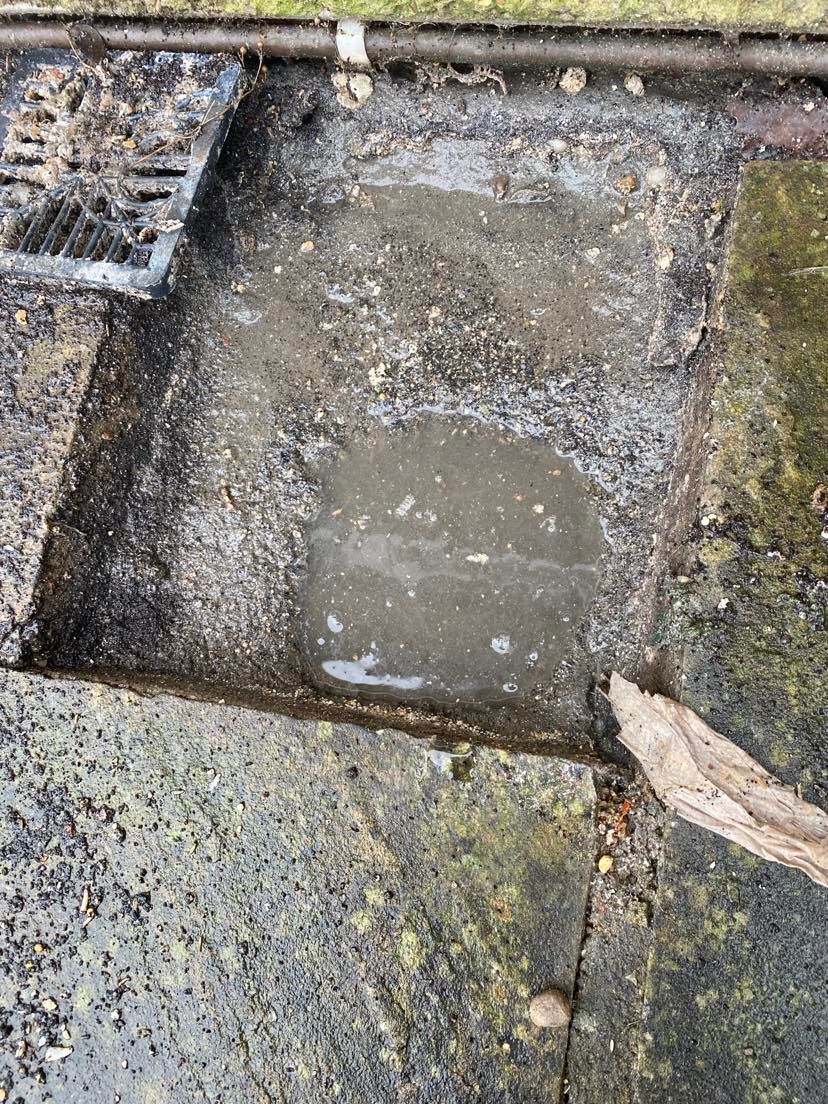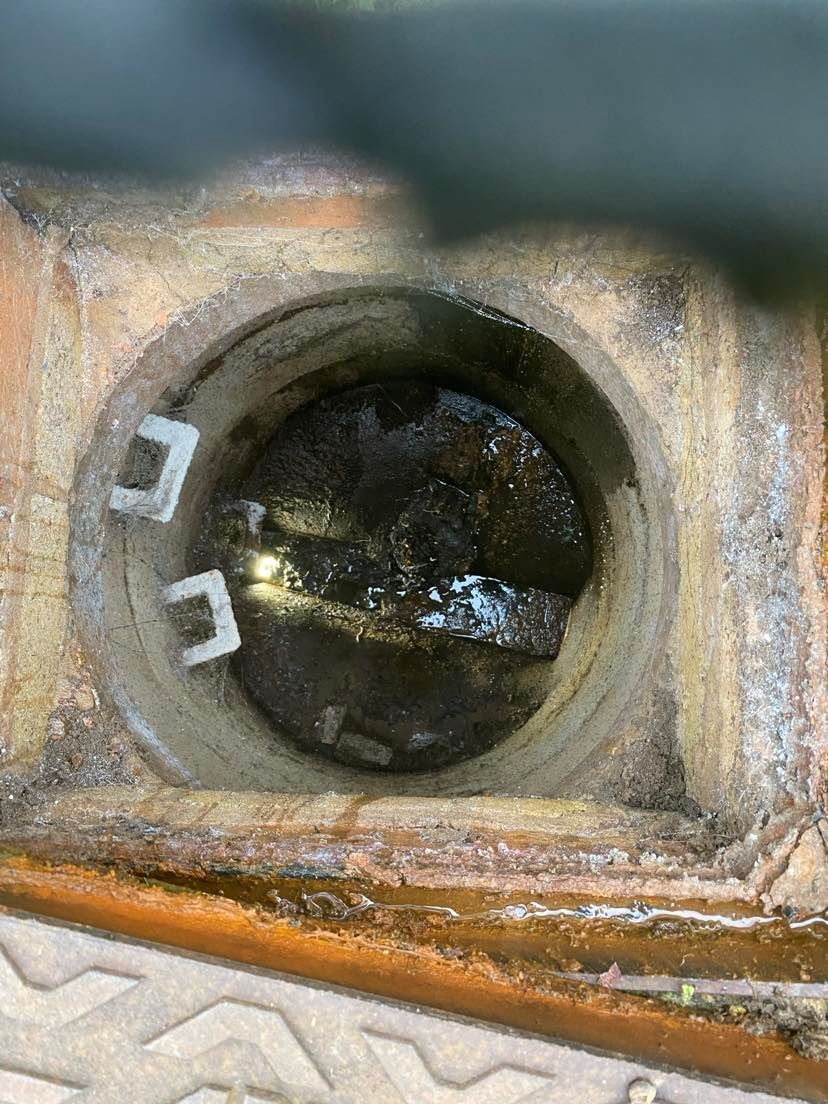How to Prevent Blocked Drains
This is a subtitle for your new post
How to Prevent Blocked Drains
Drain blockages can occur for various reasons. In bathrooms, hair, soap scum, and hygiene products are among the leading contributors. Food particles and grease build up may be another issue; other potential sources include tree roots infiltrating sewer lines or flushing products that should not be flushed down the toilet such as baby wipes.
Blocked drains often produce awful odors. To address them effectively, boiling water is often the best solution.
Clogs caused by hair
Every day, our bodies naturally shed hundreds of strands of hair which, combined with soap residue from shower and bathtub use, can accumulate and block drains in our bathroom and shower spaces. You can help prevent this by using a hair catcher in both spaces to collect all loose strands; also using liquid soap that doesn't produce as much soap scum is another simple way to reduce build-up and prevent blockages.
Small objects, like toys and jewellery, may occasionally fall down sink or bath drains by mistake and cause clogs or foul odors, while possibly also attracting flies or other pests. These objects could clog drains further by leading to unpleasant smells or leading to their accumulation within drain traps - which in turn leads to even more unpleasant results such as attracting more flies than usual!
Improper waste disposal is another common source of blocked drains. Items such as coffee grounds, hair, paper towels, sanitary products and baby wipes should be placed in a bin instead of being flushed down the toilet. Regularly using hot water with a branded drain cleaner to clean drains will keep them unblocked; but should a persistent blockage arise it's always best to contact a professional service for assistance.
Clogs caused by grease
Fatbergs are the result of grease accumulation in pipes. Cooking oil hardens as it cools, creating thick blockages in drains which are difficult to clear out. To avoid creating these blockages, dispose of fat and cooking grease by placing it into a sealable container instead of pouring it down the drain.
Dirty drains are another common source of blockages. Dirt and pebbles that fall into a drain can scratch its interior walls, eventually leading to complete blockages that require non-removable screens over drains and regular cleaning of grease traps to avoid.
Simple toilet and drain clogs can typically be addressed by plunging the fixture and using hot water or bicarb to dissolve the obstruction, but for major sewer line blockages professional plumber services must be engaged to help clear away obstructions.
Clogs caused by soap
Soap scum and hair buildup in your drain creates a blockage that prevents water from flowing freely. Pouring hot water down is usually enough to unclog it; however, if this doesn't do the trick you may require more serious measures such as using a plunger or plumber's snake. Alternatively, try natural drain cleaners such as baking soda/vinegar mixture.
Food waste can also contribute to blocked drains. From coffee grounds and baby wipes, proper disposal should be ensured for these items.
Regularly running hot water down your drains will help prevent hair and grease build-up in your pipes, while flushing any foreign objects down toilets could result in costly clogs - something which could endanger both your wallet and health.
Clogs caused by food
Few are unfamiliar with clogged drains, yet few know that blocked pipes and sinks can also create unpleasant odors in their home that could pose health concerns for those with respiratory conditions.
Blocked drains can also serve as breeding grounds for germs. Furthermore, blocked drains can create mold growth that emits unpleasant odors in the home, creating serious respiratory complications for asthmatics and others with respiratory ailments.
Bathroom drains tend to become blocked more frequently than any other space due to soap scum, hair, toothpaste, mouthwash, makeup products and shaving creams clogging your pipes causing clogs.
To avoid clogs in your sink and toilet, use a strainer and dispose of food scraps properly. Do not flush down items such as sanitary napkins, tampons, diapers and baby wipes which contain plastic liners as this could potentially clog the system. If your hard water contains minerals that build up over time consider investing in a water softener to reduce their release into your pipes and pour a solution of baking soda and vinegar down each drain as a maintenance routine once every week to maintain optimal drainage system performance.
You might also like
Get in Contact
We will get back to you as soon as possible
Please try again later
Quick & Reliable
We are available via email or telephone - contact us now on 07507 551 514 or 0117 9292755 Your blocked drains specialist
Location
Flow Sure Drains, 11, Winstone Court,St Michaels Hill, Bristol, BS2 8DX
Email
jmfacilitieslimited1@gmail.com
Call
07507551514
All Rights Reserved Flow Sure Drains
Built and Designed With Passion By WooWeb.io





